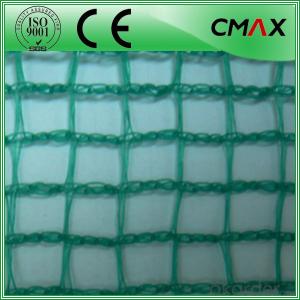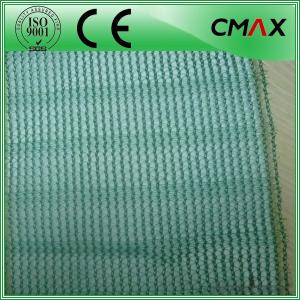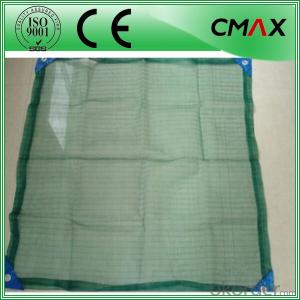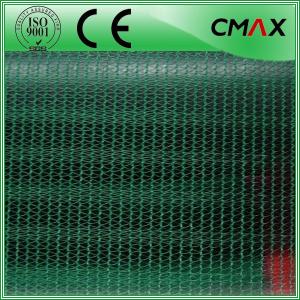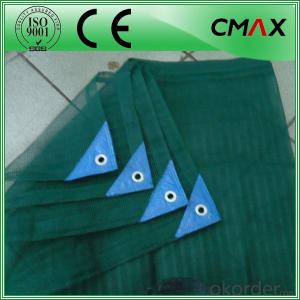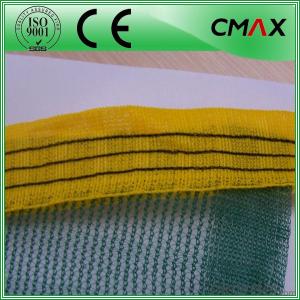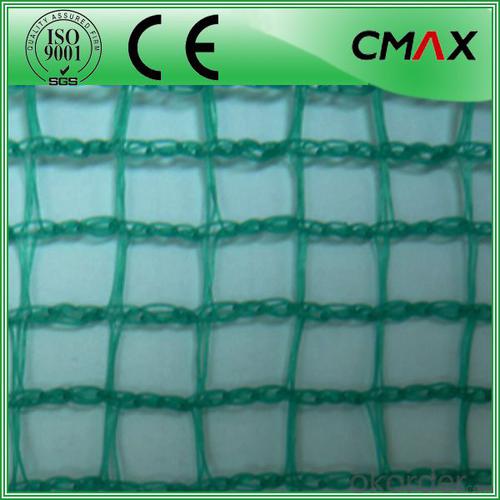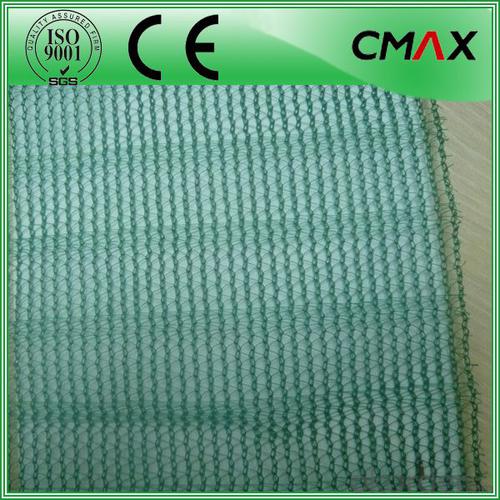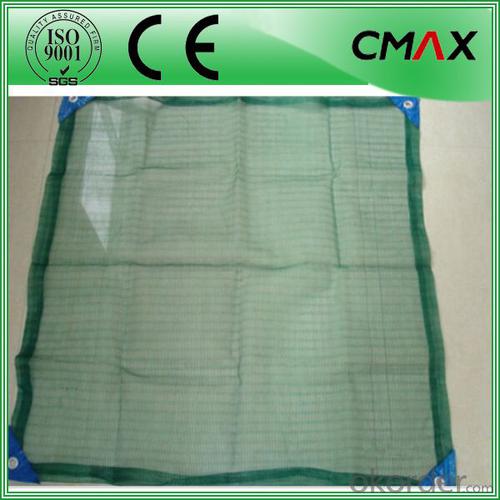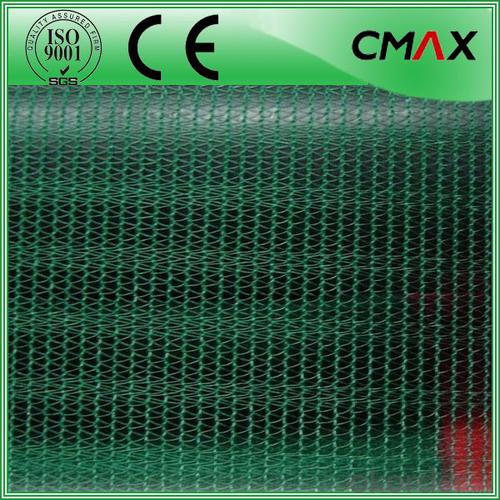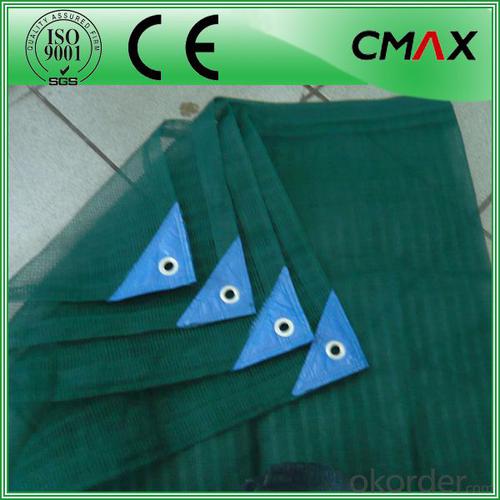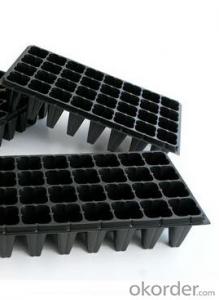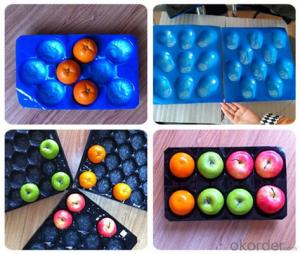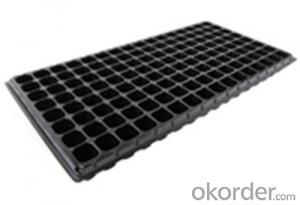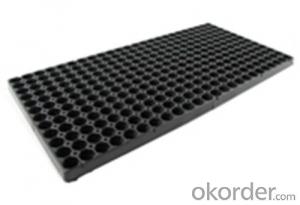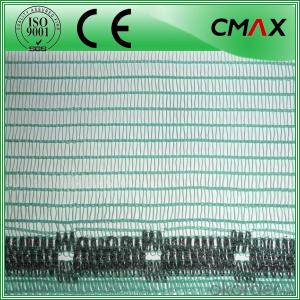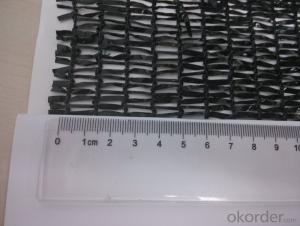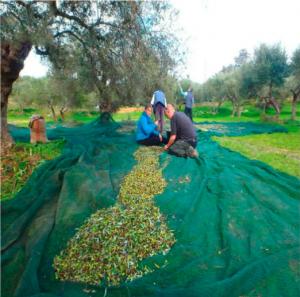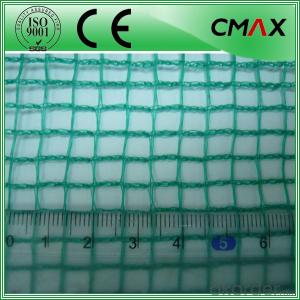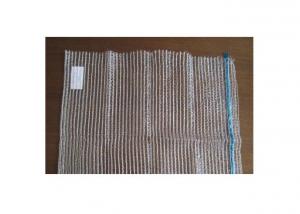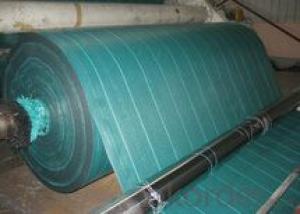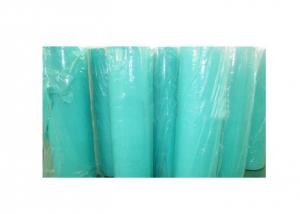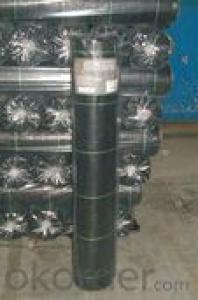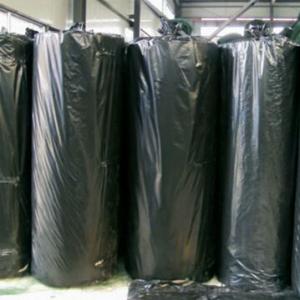China Supply100% HDPE Square Mesh Olive Net
- Loading Port:
- Wenzhou
- Payment Terms:
- TT OR LC
- Min Order Qty:
- 100 m²
- Supply Capability:
- 1000000 m²/month
OKorder Service Pledge
OKorder Financial Service
You Might Also Like
China Supply100% HDPE Square Mesh Olive Net
Production Description:
These nets are entirely made of UV stabilised polyethylene monofilament. The nets available have various kind of meshes in order to optimise the different harvesting methods of olives and fruits. Every net is suitable for a different application such as natural falling harvesting, hand harvesting or mechanised harvesting. The nets are available in different weights and colours and can be supplied in rolls or in sheets already stitched together with or without central vent.Olive collection net are used not only for the olive harvest, but also to gather chestnuts, nuts and deciduous fruits in general.
Produced with HDPE virgin material
UV stabilized - Long life
For Food : non-toxic, responsive to current European legislation on packaging for food.
Guarantee 5 years
Green&Black 50g/m2
Farmer used the net to gain olive from tree.
Specification:
| Type | CMAX-Olive Net |
| Weight | 33-200 gsm |
| Color | Black, Green, Dark Green, etc |
| Width,Length | 1-6m, 50m,100m as your requirements |
| Raw material | 100% Virgin HDPE with U.V Stabilized and irganox |
| Using life | At least 4 years |
| Delivery time | 30 days after deposit |
| Specification | construction(/inch) Warp=3, Weft=4.5, Br.Str.(kg) ,Warp=10, Weft=2 ,Screening factor(%) :10% |
| Packing | rolls with PVC suare tube(5×5cm)/double folded/PE Stretch film/label |
| OEM | If you have your own packing design,we can quickly meet your requirments. |
Application:

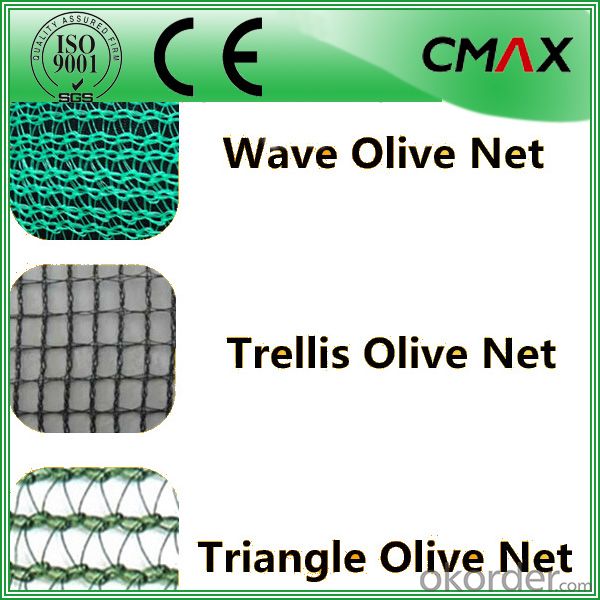
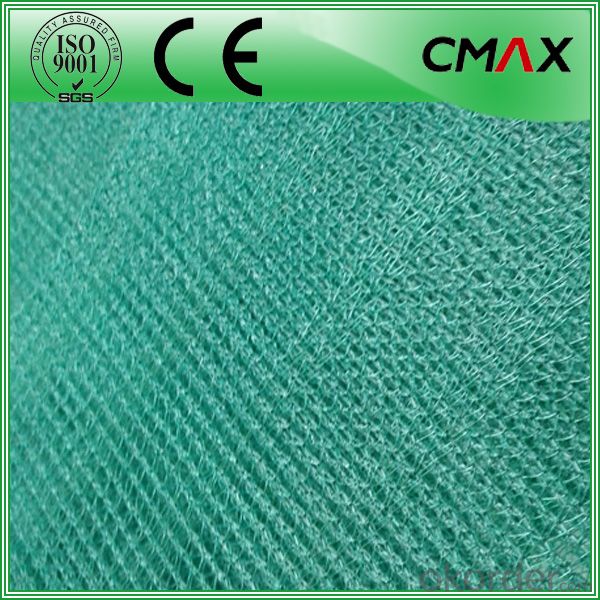
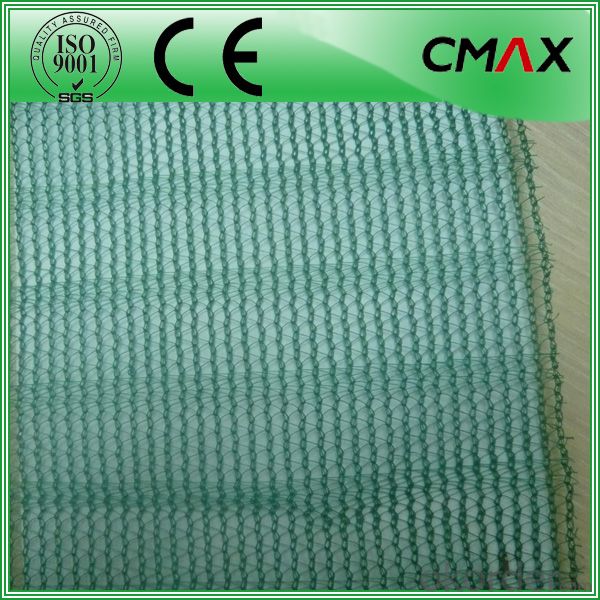
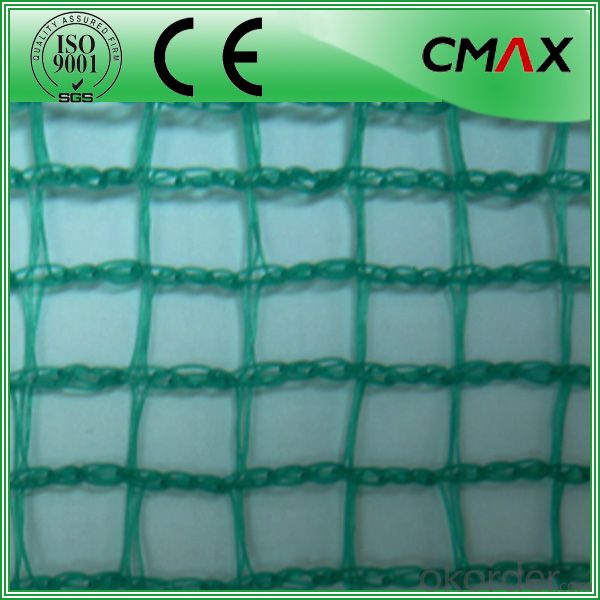
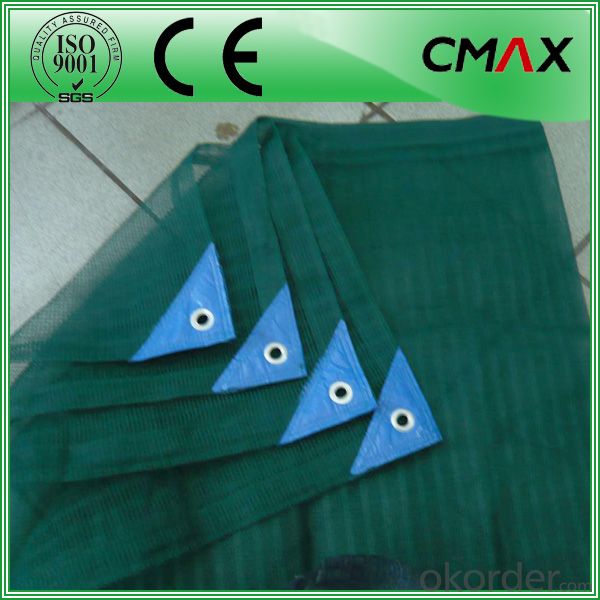
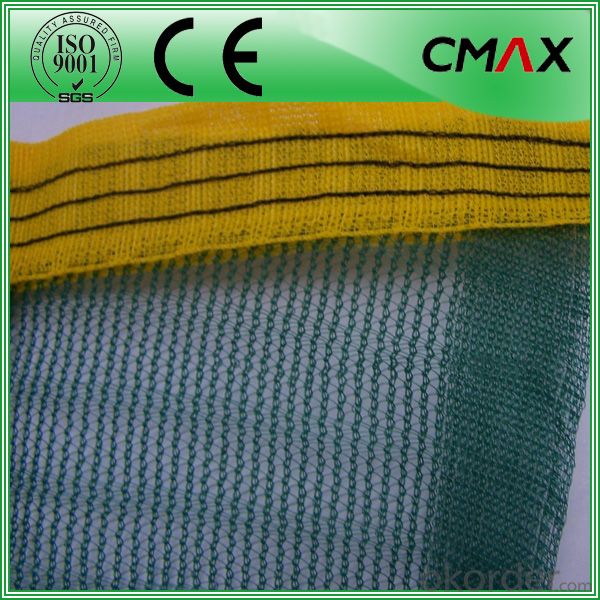
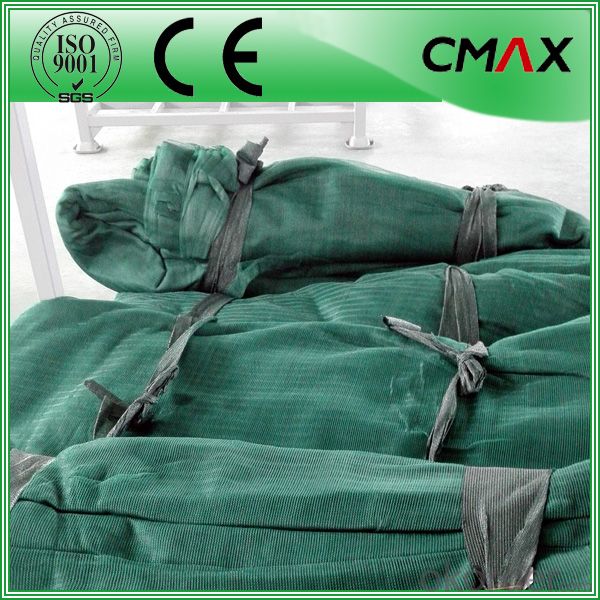
Process:
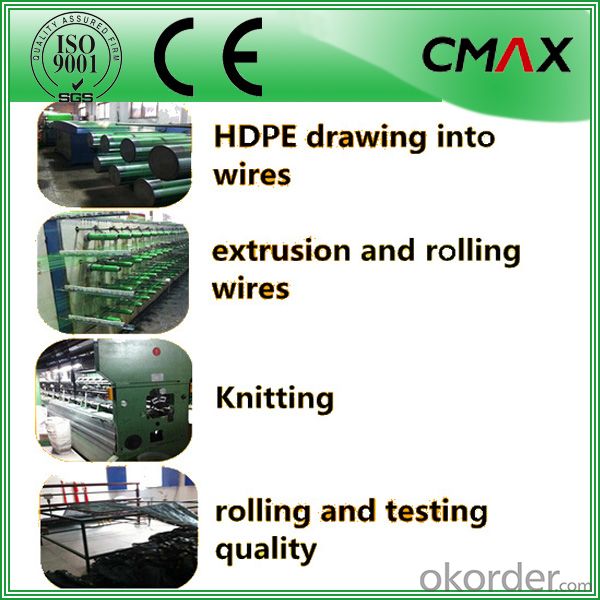
Shipping&Packing:
Delivery Time: 20 Working Days After Confirmed P.O.
Packaging: Each piece packed in plastic bag, and several pieces per bale with PP woven bag outside, or in rolls with inner paper tube with plastic bag outside.
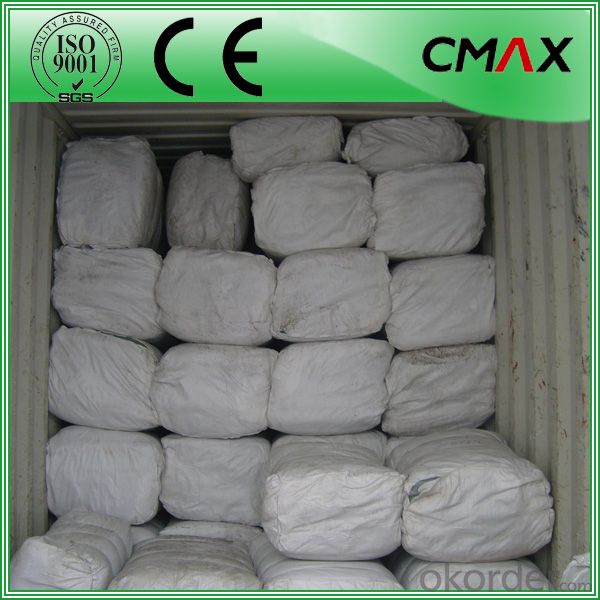
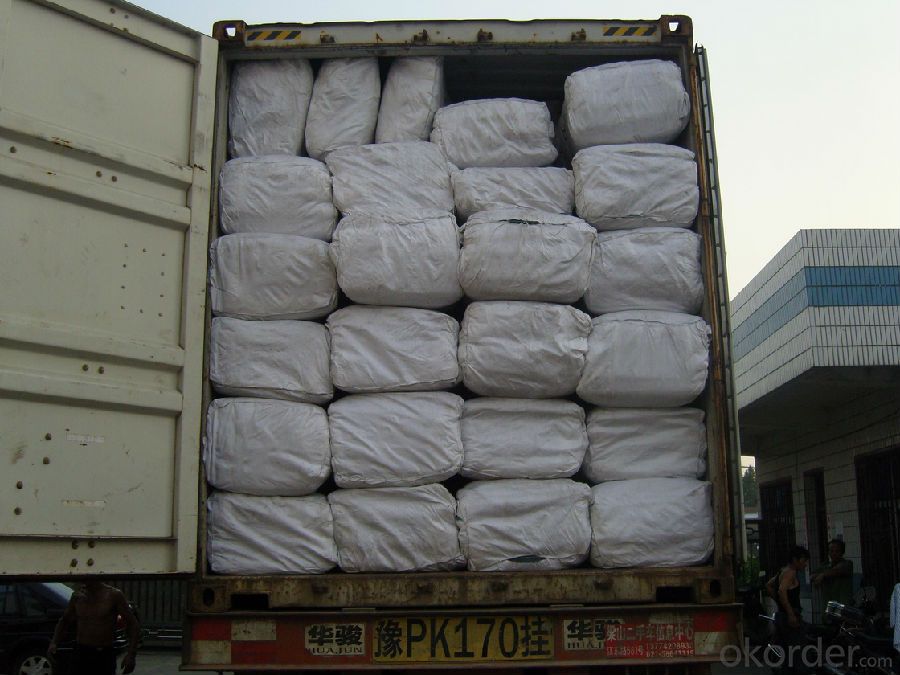
FAQ:
1.Q:Where is your factory located? How can I visit there?
A:Our factory is located in Shanghai, China. You can take flight to Shanghai Hongqiao airport, and 25 mins reach to our factory.
2.Q:What is the material of your products?
A: We use the raw material of High Density Polyethylene (HDPE) with UV Stabilized & Igranox to make our netting
3.Q:How does your factory do regarding quality control?
A: we are very proud to let you know that , We use the best raw material , have at least 5years experienced workers,
the advanced machine and specialized team to assure the quality
We perform Quality Control inspections on 100% of our products.
Our inspection standards are strictly in accordance with the ISO9001 certification system.
- Q: What are the advantages of using plastic mulch in agriculture?
- Plastic mulch offers several advantages in agriculture, including weed control, moisture conservation, temperature regulation, and increased crop yield. It acts as a physical barrier to suppress weed growth, reducing competition for nutrients and water. The mulch also helps retain soil moisture by reducing evaporation, allowing plants to access water for a longer time. Additionally, plastic mulch can regulate soil temperature, creating optimal conditions for plant growth. This, in turn, leads to higher crop yields and improved quality.
- Q: I need to remove melted plastic from threads. How can I do this without damaging the threads?
- Hi Aidan. If it's just one or two metal fasteners, try using a good sharp knife and spiral your way down, cutting out the debris as you go. If the fastener is itself plastic/nylon, you may be hosed, as it's still worth a try, but you have to be much more careful. Morbid curiosity - what happened? Hang in there, and Happy Holidays.
- Q: What are the different types of agricultural plastic?
- There are several types of agricultural plastic used in farming practices, including mulch film, greenhouse film, silage wrap, irrigation tubing, and netting.
- Q: This question asks about the negative effects on the environment due to the incorrect disposal of plastic materials used in agriculture.
- <p>Improper disposal of agricultural plastic products can lead to significant environmental impacts. It contributes to soil pollution, as plastics can take hundreds of years to decompose and release harmful chemicals into the soil. This can disrupt soil fertility, affecting crop growth and quality. Additionally, it poses a threat to wildlife, as animals may ingest or become entangled in plastic waste, leading to injury or death. Plastic pollution also affects water bodies, contaminating aquatic ecosystems and entering the food chain, which can have detrimental effects on both wildlife and human health. Moreover, improper disposal can exacerbate greenhouse gas emissions, contributing to climate change. Therefore, proper management and recycling of agricultural plastics are crucial for mitigating these environmental impacts.</p>
- Q: What are the pros and cons of plastic bags?
- Cons Of Plastic Bags
- Q: Can ground cover plants be used to create a low-maintenance lawn alternative?
- Yes, ground cover plants can be used to create a low-maintenance lawn alternative. Ground cover plants are typically low-growing and spread quickly, filling in gaps and providing a dense coverage. They require less watering, mowing, and fertilizing compared to traditional lawns, making them an ideal choice for those seeking a low-maintenance and sustainable lawn alternative.
- Q: Can ground cover be used to cover bare patches on a lawn?
- Yes, ground cover can be used to cover bare patches on a lawn. Ground cover plants such as creeping thyme, clover, or creeping juniper can effectively fill in bare spots, providing a lush and uniform appearance to the lawn. These plants not only cover the patches but also help prevent soil erosion and inhibit weed growth.
- Q: Are nursery trays suitable for starting fruiting vines?
- No, nursery trays are not suitable for starting fruiting vines as they typically have shallow compartments that restrict root growth and may not provide enough space for the vines to develop properly. Fruiting vines require deeper containers or pots to allow for healthy root growth and adequate space for the plant to thrive.
- Q: How do agricultural plastic products assist in hydroponic ebb and flow systems?
- Agricultural plastic products play a crucial role in hydroponic ebb and flow systems by providing the necessary materials for constructing the system components. These plastic products, such as grow trays, flood tables, and containers, help contain the nutrient solution and support the plants' roots, allowing them to absorb water and nutrients efficiently. The plastic materials used are durable, lightweight, and easy to clean, making them ideal for this type of system. Additionally, the plastic products help prevent the growth of algae and minimize water loss through evaporation, contributing to the overall success and productivity of hydroponic ebb and flow systems.
- Q: Are nursery trays suitable for growing bog ferns?
- No, nursery trays are not suitable for growing bog ferns. Bog ferns require a moist and boggy environment, whereas nursery trays typically have drainage holes to prevent water retention.
Send your message to us
China Supply100% HDPE Square Mesh Olive Net
- Loading Port:
- Wenzhou
- Payment Terms:
- TT OR LC
- Min Order Qty:
- 100 m²
- Supply Capability:
- 1000000 m²/month
OKorder Service Pledge
OKorder Financial Service
Similar products
Hot products
Hot Searches
Related keywords
